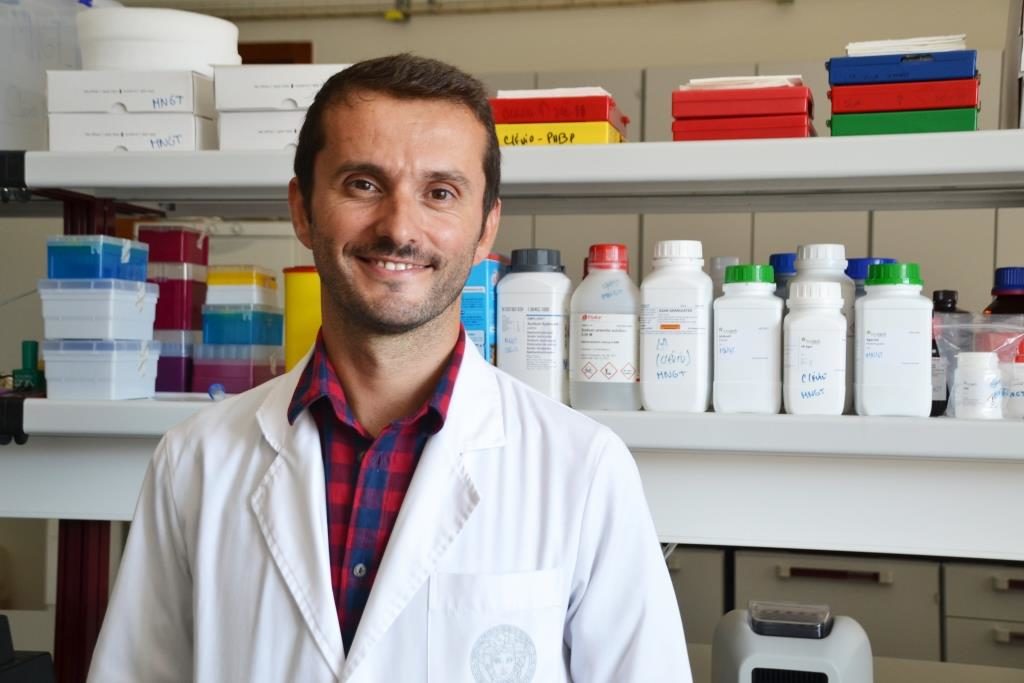Clévio Nóbrega, principal investigator at the Algarve Biomedical Center Research Institute (ABC-RI) and professor at the Faculty of Medicine and Biomedical Sciences at the University of Algarve (UAlg), has just received a project worth more than 1 million euros to develop a gene therapy for Cockayne syndrome, a rare and incurable disease, which mainly affects children, and which has a prevalence of about 2.7 per million births in Western Europe.
As there is, so far, no therapy that modifies the progression of the disease, the UAlg researcher's project aims to find in the genes a response that, if successful, could modify the progression of the disease and not just its symptoms.
Clévio Nóbrega and his research team therefore seek, through the project “CureCSB – Development of a Gene Therapy for Cockayne Syndrome Type B”, to develop, over the next two years, a gene therapy for Cockayne Syndrome, type B. , which reveals the potential to reach the stage of clinical trials in the shortest possible time and can reach the clinical area in the near future, changing the lives of patients and their families.
In the words of Clévio Nóbrega, «the road is long», but the team leaves a guarantee: «we are working very focused so that, even long, the road is carried out in the shortest possible time and with the best results».
For this, the research group already has the support of specialists in both the clinical and pharmaceutical areas, guaranteeing, from the outset, a close interaction with regulatory authorities with a view to the application of gene therapy in the context of clinical trials.
Developed within the Algarve Biomedical Center (ABC), this project is, for Nuno Marques, president of ABC, proof that the Algarve Biomedical Center «has the appropriate technology, team and recognition to contribute in a very fruitful way to the developments in medicine in international terms'.
The president guarantees that «the commitment to development and innovation is a winning bet, including regional and national economic diversification».
Isabel Palmeirim, director of the Faculty of Medicine and Biomedical Sciences, shares the same conviction, for whom this project is of special importance in the sense that it «reflects the vision of an academy increasingly focused on innovation, on discovery and for an ever closer dialogue with society's problems».
As he says, «the University of Algarve and the Faculty of Medicine and Biomedical Sciences will continue to develop their work in order to strengthen the country and the region, providing them with new skills in the health sector».
This new funding awarded to a research team from the Algarve Biomedical Center Research Institute thus opens up new perspectives to understand a poorly studied disease that could bring, in the near future, a new way of looking at the disease.



















Comments